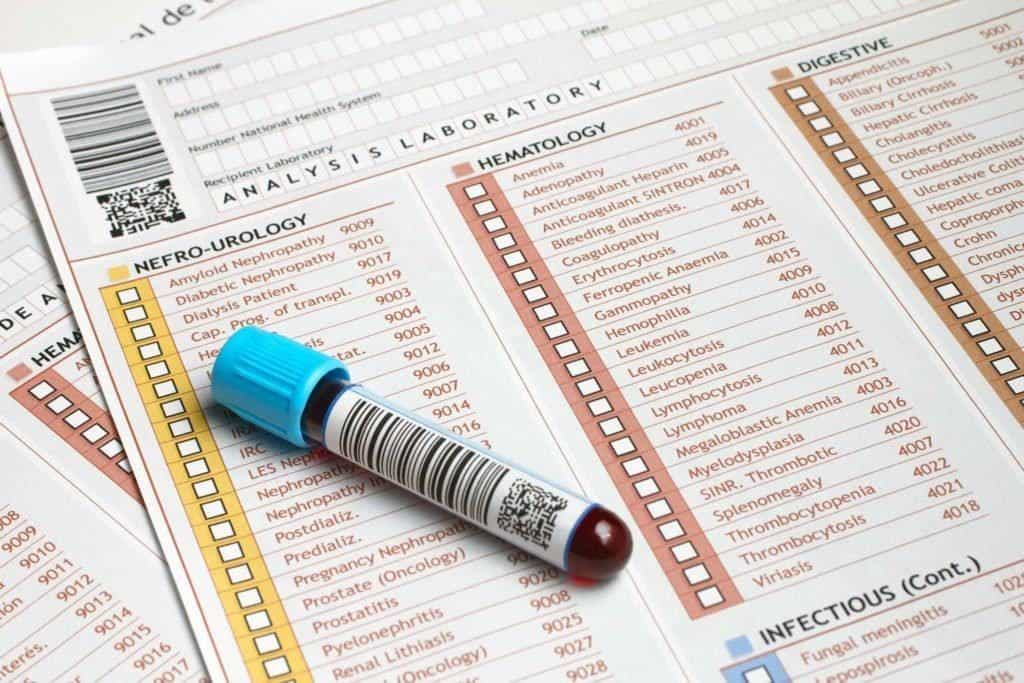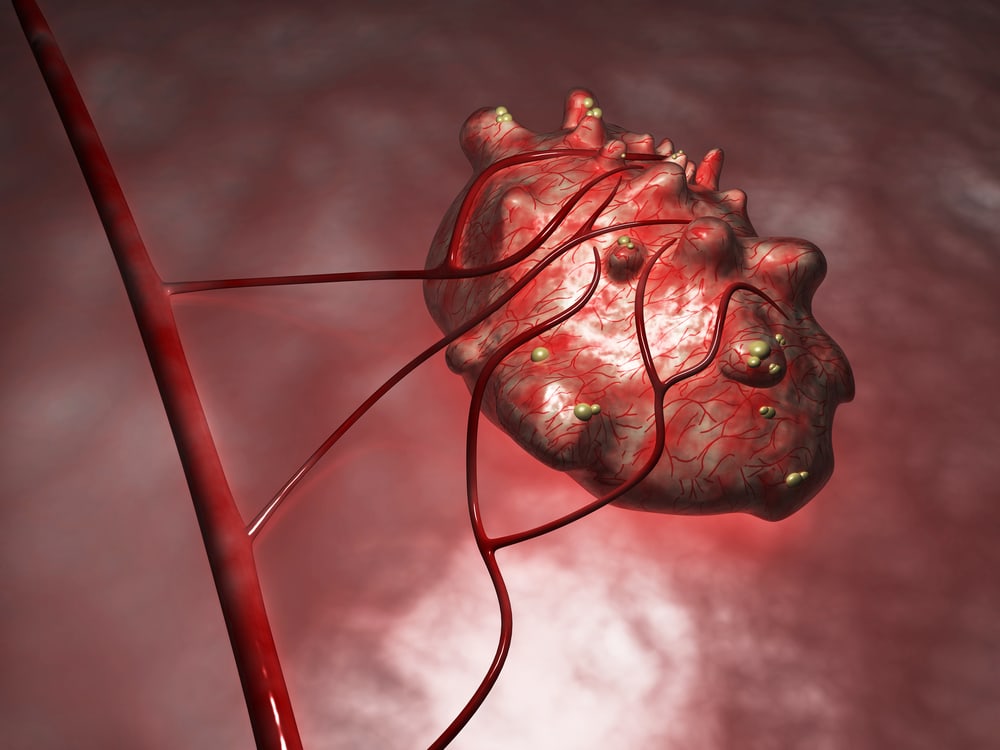Contents:
- Medical Video: Increasing ventricular contractility - inotropic effect | NCLEX-RN | Khan Academy
- How do inotropic agents work?
- What are the side effects of inotropic agents?
- What must be considered
Medical Video: Increasing ventricular contractility - inotropic effect | NCLEX-RN | Khan Academy
Inotropic agents, or inotropes, are drugs that change the pressure of contraction of the heart muscle (heart rate). There are two different types of inotropic drugs: negative and positive. There are 2 types of inotropes: positive inotropes and negative inotropes. Positive inotropes strengthen heart rate pressure. Negative inotropes weaken the heartbeat pressure and make the heart beat weaker. Both are used to treat various conditions that affect heart function.
Inotropic agents include:
- Amrinone
- Digoxin
- Dobutamine
- Dopamine
- Inamrinone
- Intropin
- Lanoxin
- Milrinone
In addition to digoxin, other positive inotropic drugs should only be used for acute or end-stage heart failure because long-term use actually worsens the disease, and may increase the risk of death in some heart failure patients. These drugs can provide short-term benefits in some patients, but are dangerous for long-term use.
How do inotropic agents work?
Inotropic agents affect the contraction of the heart muscle. Positive inotropes stimulate and increase the strength of the contraction of the heart muscle causing the heart rate to increase. Inotropic agents negatively weaken the pressure of muscle contraction.
The inotropic state depends on the amount of calcium in the cytoplasm of the heart muscle wall, cardiac contractility depends on intracellular calcium control, examples of control of calcium entry into the cell membrane and calcium storage in the sarcoplasmic reticulum. The main factors controlling calcium intake are calcium channel activity voltage gated and sodium ions, which affect the replacement of calcium / sodium ions.
One of the most important factors that affect the strength of the contraction of the heart muscle is the level of falsification in the heart muscle cells. Calcium is one of the most common electrolytes in the human body, while other common electrolytes are sodium, potassium, chloride and magnesium. The right balance of electrolytes for good heart, nerve, muscle and kidney function is very important.
Electrolytes have an electric charge, and conduct electrical impulses (electricity). Electric impulses make muscle contractions. The level of each electrolyte must be kept in a short range so that the body can function properly. In particular, it is important to maintain the right difference between the electrolyte level in fluids inside and outside the cell. This difference allows cells (especially the nerves, heart, and muscles) to maintain electrical stress between cell membranes, make electrical impulses, and produce muscle contractions.
Calcium plays an important role in the process of contracting the heart muscle. In general, calcium levels are increased by positive intoropic drugs and reduced by negative inotropic drugs. However, inotropic drugs can replace calcium levels in different ways. Positive and negative inotrope works differently.
Positive inotrope helps the heart pump more blood with a smaller heart rate. This means that even though the heart rate is less, the pulse is stronger to meet the oxygen demand in the body.
Negative inotrope included beta blockers, calcium channel blockers, and antiarrhythmic drugs and everything works differently:
- Beta-blockers "block" the effects of adrenaline on your body's beta receptors. This slows down the nerve impulses that travel through the heart. As a result, your heart doesn't need to work too hard because it needs less blood and oxygen. Beta blockers also block impulses that can cause arrhythmias.
- Calcium channel blockers slow the speed of calcium into the heart muscle and into the walls of blood vessels. This will loosen the blood vessels. Blood vessels and allow blood to flow more easily, and then lower blood pressure.
- Antiarrhythmic drugs slow electrical conduction in the heart
What are the side effects of inotropic agents?
- When using an inotropic agent, you may get some side effects, including: vision problems such as blurred vision, double vision, or seeing yellow, green, or white spots around objects
- Low blood pressure (hypotension)
- Fatigue
- Loss of appetite or stomach ache
- Gag
- Headache
- Eye sensitivity in light
- Nosebleeds and bleeding gums
- Irregular heartbeat then causes dizziness, feeling the heart beat (palpitations), difficulty breathing, sweating, or fainting
- Dizzy or dizzy
- Diarrhea
- Erectile dysfunction
- Breast enlargement in men
- Lack of sexual desire
- Rash or itching
Tell your doctor right away if you experience these side effects. Do not stop using the drug unless the doctor recommends it, because stopping treatment suddenly can worsen your condition.
What must be considered
Always consult your doctor before using an inotropic agent. Tell your doctor if you are pregnant, planning a pregnancy or breastfeeding.
Also tell your doctor about the medicines you are using including natural and herbal supplements.
Tell your doctor if you have allergies to drugs that are included in inotropic agents.












